In MySQLi's prepared statement API, bind_param takes a type specification char.

MySQLi's fetch_field returns an object with several properties related to the field. However, the type specification char is not one of the available properties ($field->type returns an integer corresponding to a constant, not a type specification char).
What is the best way to get the type specification char from a MySQLi field?